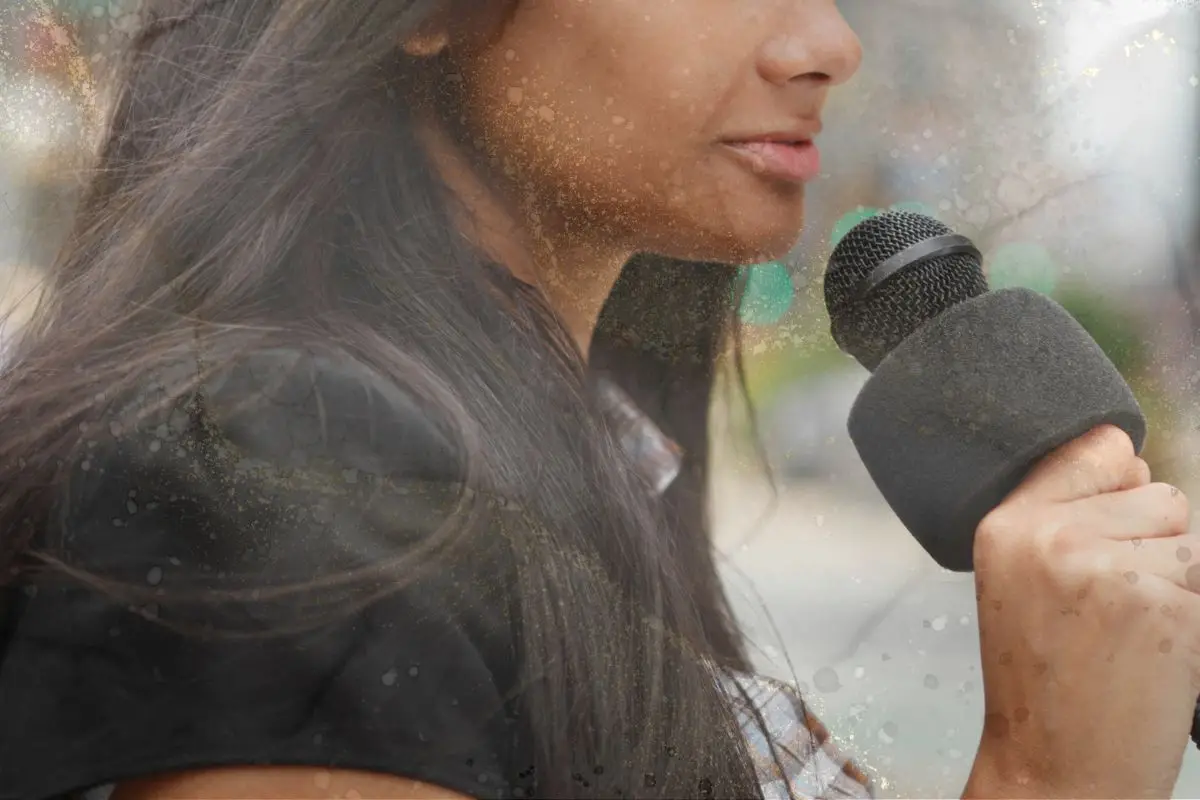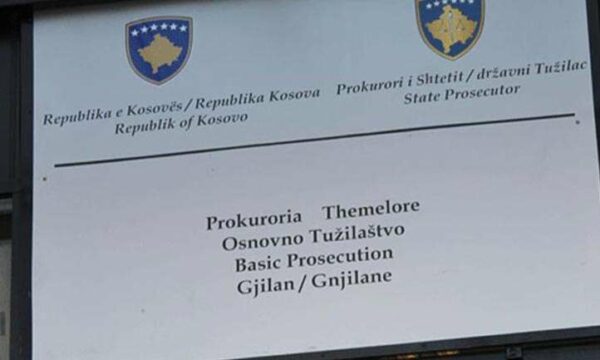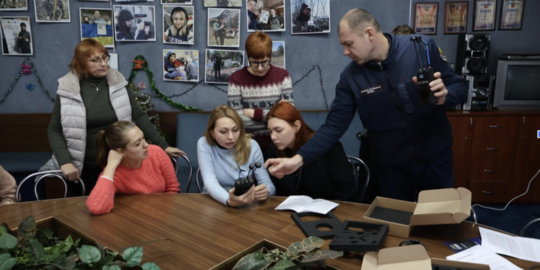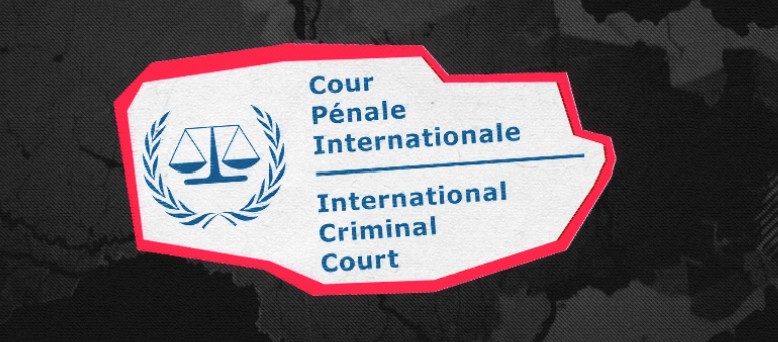
Al Jazeera’s Wael al-Dahdouh to Deliver Keynote at 2025 Amnesty Media Awards
May 21, 2025
Trump Erupts at NBC Reporter Over Qatari Jet Question During Oval Office Meeting
May 22, 2025May 22, 2025 – Kosovo –
Women journalists in Kosovo face escalating harassment, threats, and discrimination despite their growing presence in newsrooms. Although women make up the majority of journalists in the country, they often endure verbal abuse, gender-based attacks, and are denied equal treatment and opportunities in the media industry.
Online and offline harassment is common. Investigative reporter Qendresa Tershani has received threats and degrading comments for covering topics like femicide. Such abuse frequently targets women’s appearance and private lives, creating a toxic work environment that affects their mental health and professional credibility. The Network of Women Journalists of Kosovo highlights that female journalists also face inappropriate behavior from male colleagues and often struggle for the same respect and authority that their male counterparts receive. Additionally, women are commonly relegated to “soft” beats like lifestyle and education, while men cover politics and crime, reinforcing outdated stereotypes.
Physical safety is another pressing concern. In June 2023, four ethnic-Albanian women journalists were attacked by a masked mob while reporting on protests in Leposavic, a Serb-majority area. Over three weeks, 14 women journalists were subjected to physical violence, intimidation, and damage to their equipment and vehicles. These incidents underline the rising risks women face when covering conflict-sensitive issues.
Legal and institutional responses remain weak. Many women hesitate to report incidents out of fear and distrust of the justice system. Calls by the Association of Journalists of Kosovo for better cooperation with law enforcement and judicial bodies have so far seen limited results.
Despite these challenges, female journalists are pushing back. A multiethnic group of women media professionals issued a declaration demanding better institutional support, enhanced safety measures, and equal treatment. Advocacy groups are also pushing for systemic reforms, including more women in decision-making roles and the formation of a Media Workers’ Union to defend journalists’ rights.
Through collective advocacy and support networks, Kosovo’s women journalists are continuing their work with resilience, demanding a safer and more equitable media landscape.
Reference –
“Hostile and unsafe environment”: Kosovo’s women journalists face harassment online and offline
https://media.unmikonline.org/mediareports/developmenthumanitarian-819




